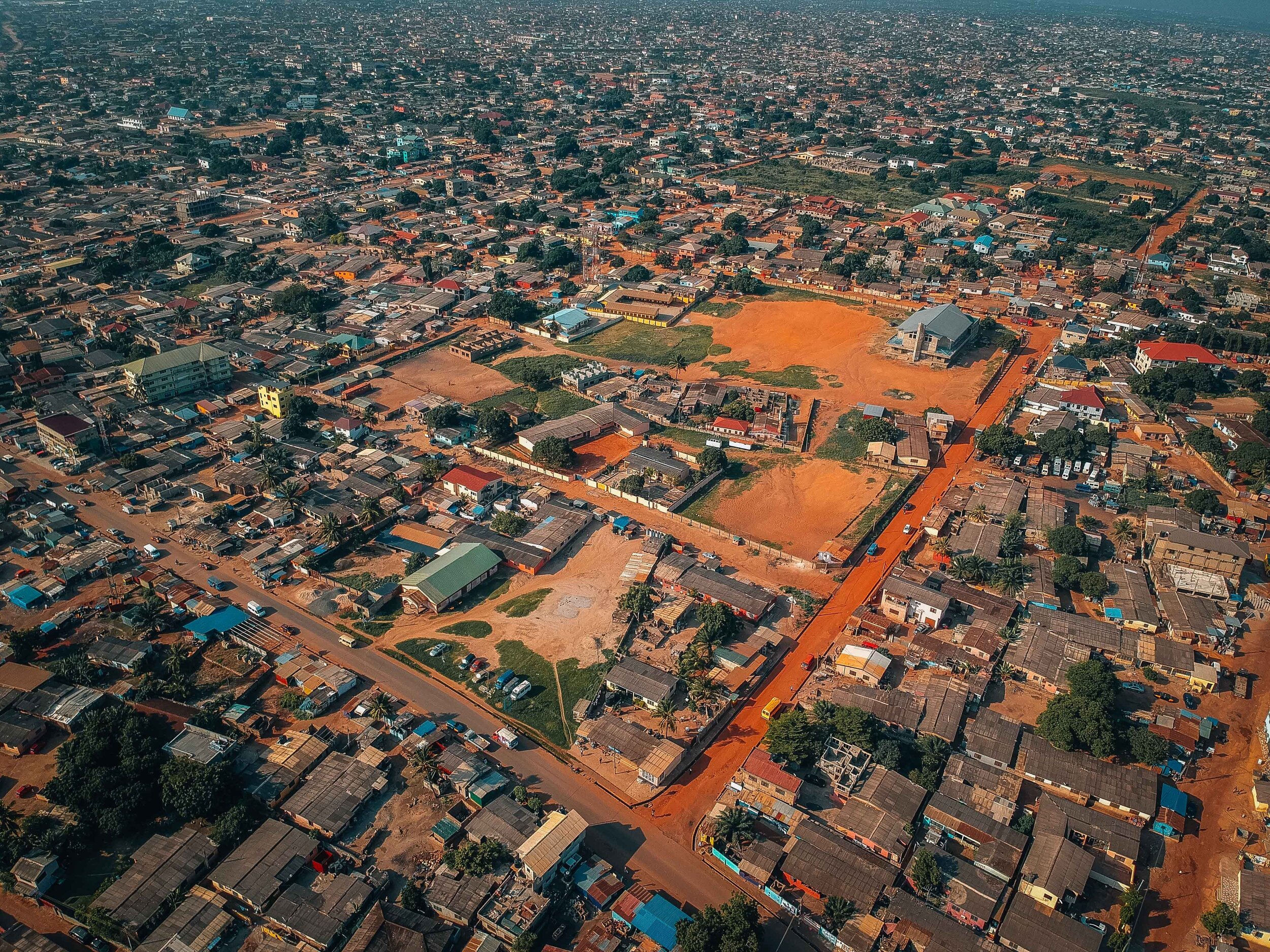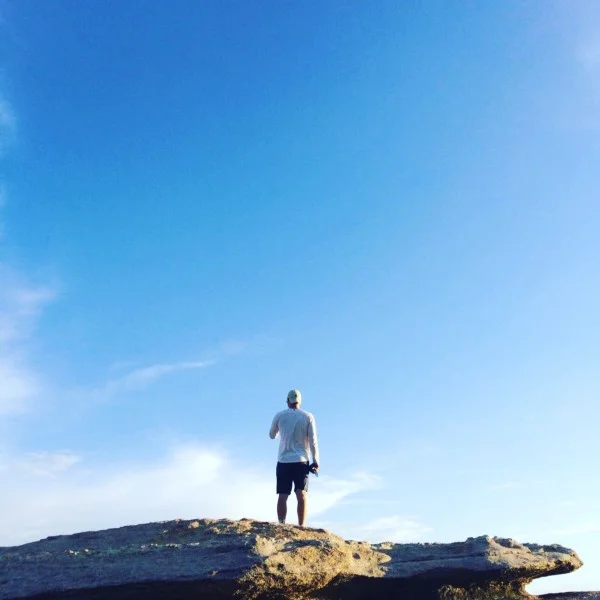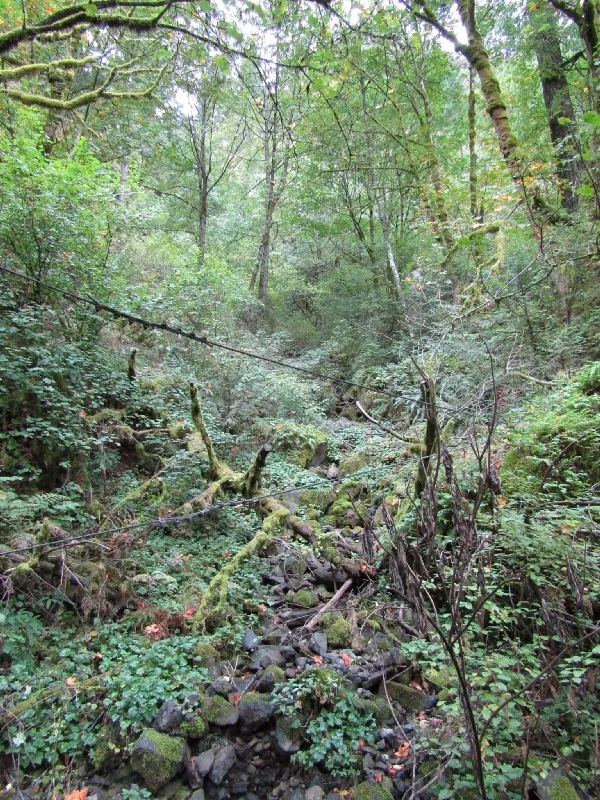Voluntourism: What could go wrong when trying to do right?
During the past eight years, as I have joined and then lead volunteer programs in Asia, I have seen many of the same mistakes repeated when it comes to international “voluntourism”, I have made many of these mistakes myself. I know how easy it is to offer a trip that is easy to sell, fits in with travelers’ demands, appears to have a plan for a positive impact, but in the end ends up being either a waste of time for the local community partners or, in the worst cases, causes more harm than good. Here are some of the common problems I have seen in the voluntourism market and some tips for travelers on how to choose the right program.
Creating one-off projects which have little long-term impact
Often times the real needs of a project are not things that volunteers can easily support. Language barriers, lack of local knowledge, and lack of skills prevent volunteers from being a good fit for most development project needs, so instead tour companies often create projects for the volunteer.
These projects typically involve little investment of energy and ideas in people. The core needs of the partner might have been teacher training for their school, soil enhancement techniques to improve farming, etc. Because volunteers can’t help with those things, a project is instead created to fill the desire of the traveler to “feel helpful”, and the core needs are overlooked for those where it was simpler to insert unskilled volunteers. These projects might be building a fence or painting a school, and it is likely that the tour company will do little to monitor the project other than stopping by twice a year with their tourists to take a picture of “the school they are helping.”
Real life example: I really did travel with a tour company that decided to allow us to paint the school that was on their bike route. We painted it poorly, I must say, as we rushed to complete it in one day (and most of us felt too tired to put in a big effort). We probably spent $200 on paint (25% of which we dropped on the floor). The project was in rural Thailand, and $200 could have probably bought a lot of educational resources, hired a few teachers for a month, or done a list of other things which would have added more educational value than our patchy blue paint job. If they insisted on painting, if they had instead funded $3000 towards a locally identified educational need (for example, a weekly life-skills training course), plus bought $200 worth of paint, at least then our combined efforts would have been more than just the blue paint on the floor.
How to choose: Ask the tour operator about their relationship with the NGO partner. Have they worked together long? If the answer is yes, that’s a good thing. How do they choose what projects the travelers will engage in? If the local communities or NGO partners are making the decisions and have veto power over ideas they don’t like, that is better than ideas coming from the tour company based on unfounded assumptions of needs. For all of these answers, getting in touch with both someone who had gone on the trip before and someone working in the country where you are visiting to get their perspective on the company and NGO partner will shine a more realistic light on the situation.
Forgetting that volunteers are NOT free
A lot of tour operators will bring their clients to a project and expect an NGO or community program to entertain their guests by speaking to them about their work or organizing a small volunteer project. They put the NGOs or orphanages on their site, sell them to clients as part of a tour, yet keep all of the tour profits themselves. Sometimes the tour company says, “We leave it up to the tourists to see if they want to donate!”, but it should not be the tourists’ responsibility to ensure that the development partner gets value out of the trip in exchange for their time.
Real life example: As an NGO, at PEPY we sometimes get requests from tour companies to come see our projects. They want to include a visit to our programs as a part of their tour, which they will market to their clients. To entertain a group for a few hours and explain our projects would take time away from management staff.
How to choose: If you know that your skills are not precisely matched with the needs of a project, or if the interactions you are having with partner NGOs are taking their time away from their core mission, ask and find out if the tour company is compensating the person or group presenting to or facilitating your community interaction. If they are not, yet the tour company is marking this part of the experience as a selling point of the tour, then they are probably putting the desire for their own profits over a the need to provide real support for these groups.
Giving things away
As Saundra has told us over and over again and as I have learned through seeing the negative effects of an unbridled tourism culture of giving things away “to the poor people”, giving things to people is never going to solve their problems. Instead, it can destroy local markets, create community jealousies, and create a culture of dependency.
Real life example: I wish this WASN’T real… but sadly, this is what a lot of “responsible” tourism has come to. There are tour operators in Cambodia where you can pay $45 for the day to be driven out to a “poor village where you can hand out food or school supplies to the poor family of your choice”. Oh yes, people pay for this. It’s like buying food pellets at the zoo to feed the goats. Except these are people. Not goats.
How to choose: Question any organization that allows you and your tour group to go anywhere to “hand out school supplies” or “deliver a book to a child”. If those items are needed, they should be distributed through local power structures, in ways where those with the highest needs are prioritized, and where capacity building is tied in with the giving away of things.
Monitoring projects poorly or not at all
How can a tour company that comes through an area a few times a year know that they are “improving lives through our wells”? Do they go back and test them? Fix them? Get feedback? Sometimes we think we are helping people, but it is not until we try it and fail that we realize our plan was flawed. What is worse is if we continue to repeat our failures, either from lack of willingness to admit them, or lack of effort to research our impacts.
Real life example: A tour company in India allowed tourists to hand out goats to families on their tours. In the middle of the tour, a person from a nearby village came and told the director that the man who had been put in charge of choosing which poor families should get the goats had been charging the families for the goats for years. The tour company had been making their English speaking tour guide rich, were not helping “the poorest of the poor” that they claimed to be, and had furthered corruption and mistrust in the village.
How to choose: Ask about the NGO’s monitoring plan. If you are building any structures or giving away any technology, find out how those things are being put to use and who will monitor the needs in case of damage or additional ideas for improvements. Is there a responsible NGO partner involved in these projects full-time who can make the changes needed to ensure the program’s success? If you feel that the tour company’s projects are one-off initiatives with little relationship building on their part with the community, find a new operator.
Giving unskilled volunteers jobs that require skills
Even painting requires some skills, and clearly our group in Thailand didn’t have them. Teaching English should not be left to 19 year old gap years, especially in countries where there are plenty of unemployed local English speakers. If we don’t know how to do what we are supposed to be doing as volunteers, we might cause more harm than good, and at minimum, we will waste a lot of people’s time.
Real life example: There are many orphanages in Cambodia which take volunteers to teach English. Some come for a few weeks, others for a few days. When they leave, the classes have no teacher, there is no curriculum to ensure that the students aren’t learning “Head, Shoulders, Knees, and Toes” every day, and the school is not better able to solve its own problems in the future because of the volunteer’s visit. If skilled teachers had spent time teaching English teachers English, they would have improved the system at least slightly, but sadly, everyone just wants to pet the cute kids.
How to choose: If you are looking for a long term placement, make sure to pick an operator that does very thorough matching of skills and needs. For short term placements, choose groups focused on educating you as a traveler, and giving you the skills and tools to improve the world when you go home. We have to learn before we can help. Choosing a trip focused on your education, which doesn’t assume that every wealthy traveler has construction skills, will empower you to be better equipped to support responsible initiatives in the future.
Forgetting to make the rest of the time on their trip “responsible”
There is a lot of discussion about the “volunteer time”, but what about the rest of the trip? Where are you being put up? What restaurants are you eating at? Those things matter just as much as the volunteer time, and just like carbon offsetting, if you are trying to do good by giving money to development projects, yet causing harm in all of your day-to-day activities, the two do not balance out.
Real life example: A responsible tourism organization based abroad was planning their trip to Cambodia and had contacted us to learn more about our work. When I met with the trip coordinator at their hotel, I realized that they had chosen to stay at a hotel owned in part by a very well known corrupt politician. Had they spent the time to ask anyone working in responsible travel in Cambodia about their hotel and restaurant choices, they would have found much more well-respected places in which to spend their money.
How to choose: Ask your voluntourism partner about the rest of the trip and how they make their choices. If they outsource their entire trip to a partner or if they are selling trips in tens of countries around the world, they likely do not know the people and places they are visiting well, and are less likely to be offering you a chance to have a positive impact with your tourism dollars.
Fostering moral imperialism
This one is the biggest problem I think, but the least talked about. We assume, because we come from wealthier places with better education systems, that we can come into any new place without knowing much about the culture or the people, and we can fix things. We can’t! THEY, the people who live there and know the place well, can. Our job in the development world can and should be to support them in doing so. So, we can’t assume we can come do it for them and “save the babies” by visiting an orphanage for a few hours on our trip to India. And we sure shouldn’t think that our time is oh so valuable that we should fundraise money to pay for OUR flights to go paint a school poorly. My job, in running a tour operation, is to educate travelers on at least these two points: improvements take time, and the people we are visiting have just as much—if not more—to teach us as we have to teach them.
Real life example: Just search for voluntourism on the web. “Come to XXXXX, Africa and save the world,” followed by instructions on how to fundraise tax free dollars, which include the price of your travel abroad.
How to choose: If we are going to send our students abroad without charging them, we should at least tell them the truth: THEY are the ones benefiting in this situation. Let’s start being realistic and not deciding to go abroad to help, but instead to learn. If you find a company that discusses the trip as “life-changing” for the communities you are visiting, scroll further until you find one that admits that the real selling point is that the experience will be life-changing for YOU. That is OK! That is why we travel, so let’s not try to hide that. If your tour company talks about all of their successes at helping people, but will not give you examples of times they have made mistakes, lessons they have learned, or things they are doing differently now compared with three years ago, don’t trust them. They clearly think that just because they are setting out to do good, that they are. Remind them that Good Intentions are NOT Enough.
It’s time to stop making the same mistakes
Now that enough of us have made these mistakes and learned from them, it is time for others to stop making the same mistakes. To make the overall impact of volunteer travel more positive will take a movement of travelers demanding responsible practices from their operators. Please add comments or tips for travelers which you think might give them additional ideas for picking the best organized voluntourism programs.
THIS ARTICLE WAS ORIGINALLY PUBLISHED ON LESSONS I LEARNED.
DANIELA PAPI
Daniela is the Deputy Director of the Skoll Centre for Social Entrepreneurship. She has spearheaded student programming initiatives at Saïd Business School including the Leading for Impact programme and had taught on MBA courses including the Entrepreneurship Project and a course on high-impact entrepreneurship. Daniela is a graduate of Saïd Business School's MBA programme and was a Skoll Scholarship recipient.
Prior to coming to Oxford, Daniela spent six years in Cambodia where she grew a youth leadership organization, PEPY, an educational travel company, PEPY Tours, and an advocacy organisation, Learning Service. Daniela is co-authoring a book advocating for a 'Learning Service' approach to philanthropic and volunteer travel and has worked as a consultant to other social impact organizations, typically supporting their strategy redesign by incorporating her experience in social marketing and user-centered programme design. She recently wrote a report called 'Tackling Heropreneurship' focused on fuelling collective impact through an 'apprenticing with a problem' approach.
Check out Learning Service for more.























